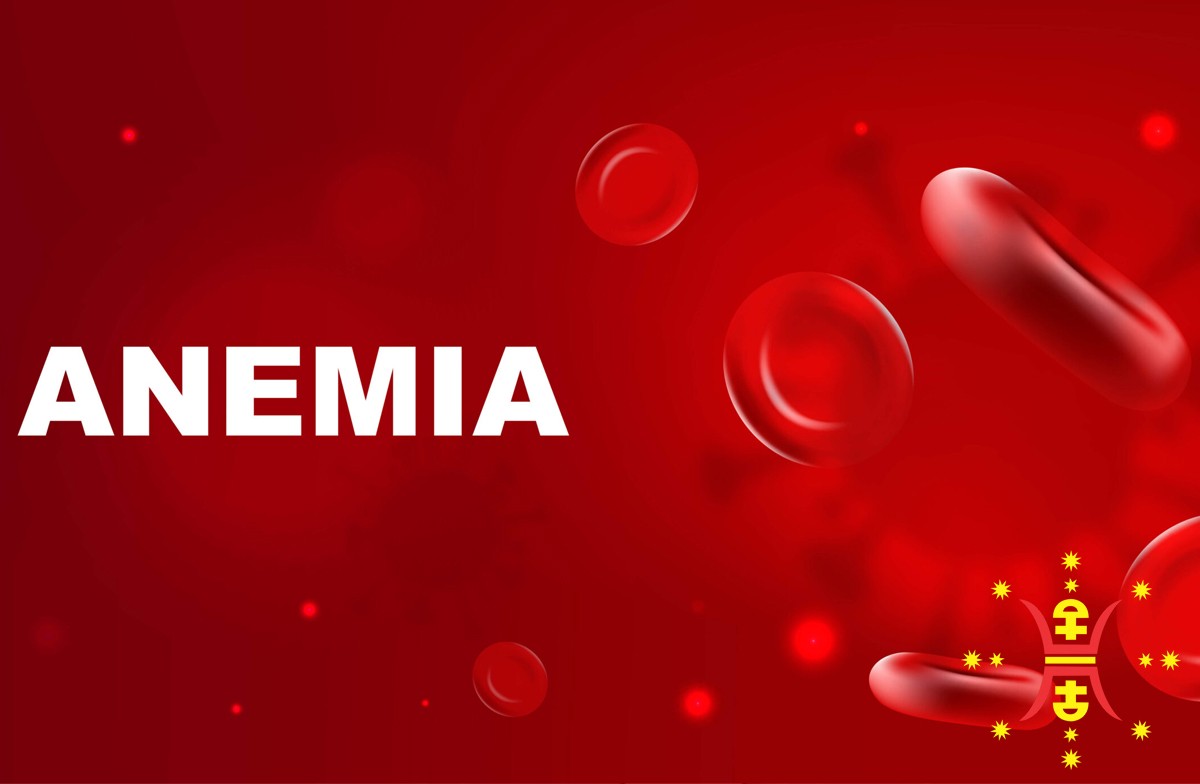Nourishing Vitality: An In-Depth Exploration of Anemia in Traditional Chinese Medicine
In Traditional Chinese Medicine (TCM), anemia is often viewed as a deficiency in the quality or quantity of Blood and Qi (vital energy) in the body. TCM practitioners focus on identifying the root causes, patterns of disharmony, and providing holistic treatment to restore balance. It's important to note that TCM is complementary and should not replace conventional medical treatments. Here's a detailed overview:
- Causes in TCM:
- Spleen and Stomach Weakness: TCM attributes anemia to a weakened Spleen and Stomach, leading to poor digestion and absorption of nutrients.
- Blood and Qi Deficiency: Deficiencies in Blood and Qi may result from chronic illness, poor diet, or emotional stress.
- Liver Qi Stagnation: Emotional factors, especially chronic stress, can contribute to Liver Qi stagnation, affecting Blood circulation.
- Symptoms:
- Fatigue and Weakness: TCM recognizes general fatigue and weakness as signs of Blood and Qi deficiency.
- Pale Complexion: Anemia often manifests as a pale complexion, indicating insufficient Blood.
- Dizziness and Palpitations: Symptoms related to poor circulation and inadequate Blood supply to the organs.
- Syndrome Differentiation:
- Spleen Qi Deficiency Syndrome: Symptoms may include fatigue, poor appetite, and loose stools.
- Liver Blood Stagnation Syndrome: Manifestations may include menstrual irregularities, abdominal pain, and mood swings.
- Kidney Qi and Yin Deficiency Syndrome: May lead to symptoms such as dizziness, tinnitus, and aching lower back.
- Diagnosis:
- Pulse Diagnosis: TCM practitioners assess the pulse to determine the quality and strength of Qi and Blood circulation.
- Tongue Diagnosis: Examination of the tongue color, coating, and moisture provides insights into the overall condition of the body.
- Observation of Shen (Spirit): Changes in mental and emotional well-being are considered in the diagnosis.
- Treatment Approaches:
- Acupuncture: Stimulating specific acupuncture points helps to balance Qi and Blood circulation, addressing the underlying deficiency.
- Herbal Formulas: TCM practitioners may prescribe formulas tailored to the individual's syndrome differentiation, with herbs like Dang Gui and Bai Shao to nourish Blood.
- Moxibustion: Heat therapy using moxa may be applied to tonify Qi and Blood.
- Dietary Helps:
- Blood-Nourishing Foods: TCM recommends foods like dark leafy greens, beets, dates, and red meat to nourish Blood.
- Spleen-Strengthening Foods: Easily digestible foods like cooked grains and root vegetables support the Spleen.
- Cautions:
- Integration with Conventional Treatment: TCM is considered complementary, and individuals with anemia should continue to follow the advice of their primary healthcare provider.
- Caution during Menstrual Periods: Women with anemia should exercise caution during menstruation, as excessive blood loss may exacerbate the condition.
- Precautions:
- Individualized Care: TCM treatments are individualized based on the specific symptoms and constitution of the patient.
- Lifestyle Recommendations: TCM practitioners may suggest stress reduction techniques, sufficient rest, and appropriate exercise to support overall well-being.
It's crucial for individuals with anemia to work with a qualified TCM practitioner in conjunction with their primary healthcare team to ensure a coordinated and holistic approach to treatment. Always seek professional advice before making significant changes to your health management plan.
In Person With Heshoutang Members
With Heshoutang Online Members
Fill Out the Questionnaire by yourself
When you subscribe to the blog, we will send you an e-mail when there are new updates on the site so you wouldn't miss them.














Comments